Inclusive policing and Hate Crime
When violence is racially motivated, the European Court of Human Rights has interpreted the European Convention as a living instrument, providing victims of hate crimes a greater opportunity to reaffirm the duty of states to investigate, prosecute and convict hate crime perpetrators by sanctioning them adequately.
However, addressing hate crime effectively requires the involvement and commitment of a wide range of actors, including adequate policing. This is the reason why Council of Europe cooperation activities to address hate crimes have long seen the police, as essential stakeholders in this process. Capacity building activities aim at supporting police forces capable not only of facilitating the swift investigations/follow up to racially motivated violence but also of building trust between its staff and members of the communities targeted by these crimes in order to reduce hate crime underreporting.
Types of support we provide include :
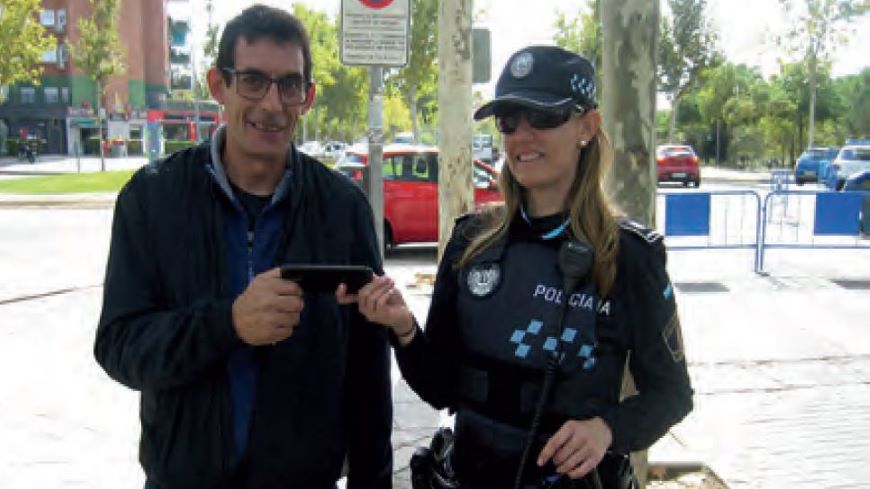
Community policing
We have worked with local police in the Intercultural Cities to define and develop the concept of community policing. Community policing aims to promote a transition from a policing model based on mere surveillance, to a policing strategy that puts the citizen at the heart of its action, linking the concepts of security, safety and care. The model targets police services that have a vocation to innovate and improve the quality of life of all citizens.
 Training courses
Training courses
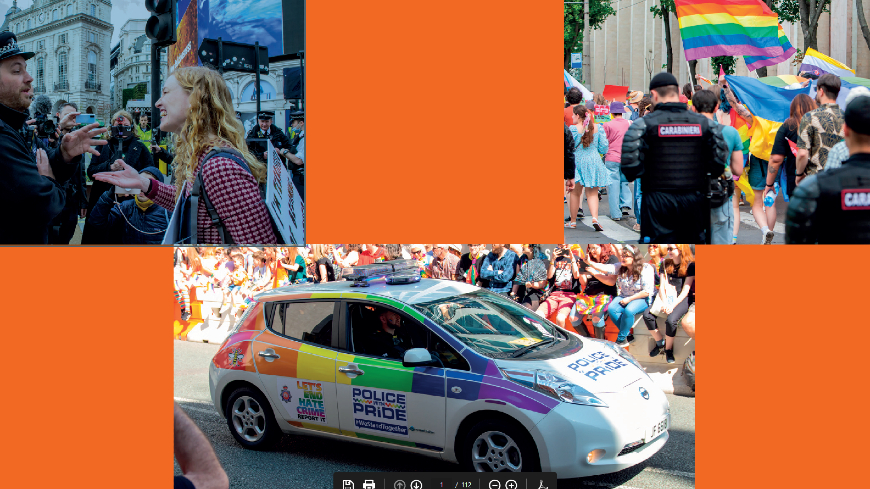
Training for a Professional Police Response
“Based on the manual ‘Policing Hate Crime against LGBTI persons: Training for a Professional Police Response’ (2025) we can conduct training on hate crime against LGBTI persons for police trainers, investigators, managers, hate crime officers and frontline police officers working in countries across the Council of Europe region. Based on the previous version of the manual (2017), we have already trained law enforcement agents in Albania, Lithuania, Montenegro, Moldova, Romania, Italy, Ukraine, Georgia, Serbia and Bulgaria. Please contact us if you would like us to offer these trainings in your country.”
 Resources
Resources
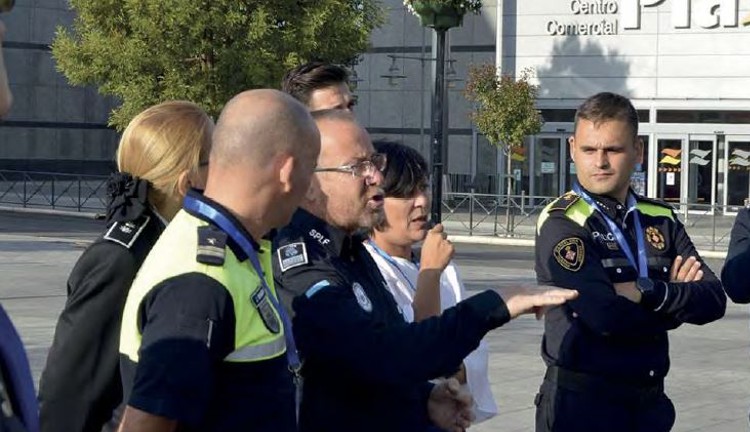
Intercultural Cities Manual on Community Policing (2019)
This manual aims to respond to the question of how a police chief, director or politician in charge of the security of a city could design its model of urban security management, beyond dealing with theft, accidents, and other typical day-to-day actions of the police.
Intercultural Cities Manual on Community Policing (2019) (French, Italian, Spanish, Ukrainian)
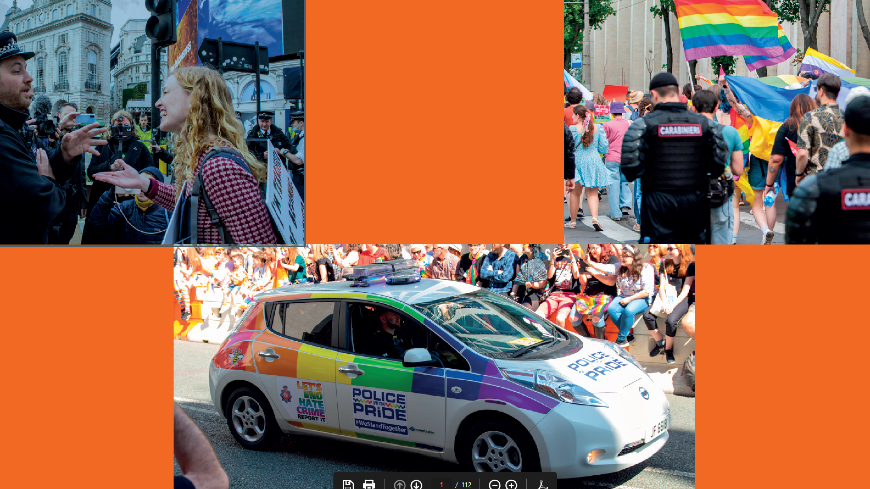
Manual "Policing Hate Crime against LGBTI persons: Training for a Professional Police Response"
The manual ‘Policing Hate Crime against LGBTI persons: Training for a Professional Police Response’ (2025) is intended for police trainers, investigators, managers, hate crime officers and frontline police officers working in countries across the Council of Europe region. Its purpose is to provide assistance, information and the appropriate tools for conducting trainings on hate crime against LGBTI persons. It builds on Council of Europe standards, especially on the European Convention on Human Rights and the relevant case law from the European Court of Human Rights, as well as other international human rights standards and already existing training materials for law enforcement officials.
The previous version of this manual (2017) served as the basis of training of law enforcement agents and has been adapted to : Albanian, (2020), Bosnian (2019) Bulgarian (2020), French (2017) Greek (2019),Georgian (2020) Italian (2021), Lithuanian (2021), Moldovan (2021) Montenegrin (2021) Portuguese (2019) Romanian (2021) Serbian (2020) Turkish (2018) Ukrainian (2021)
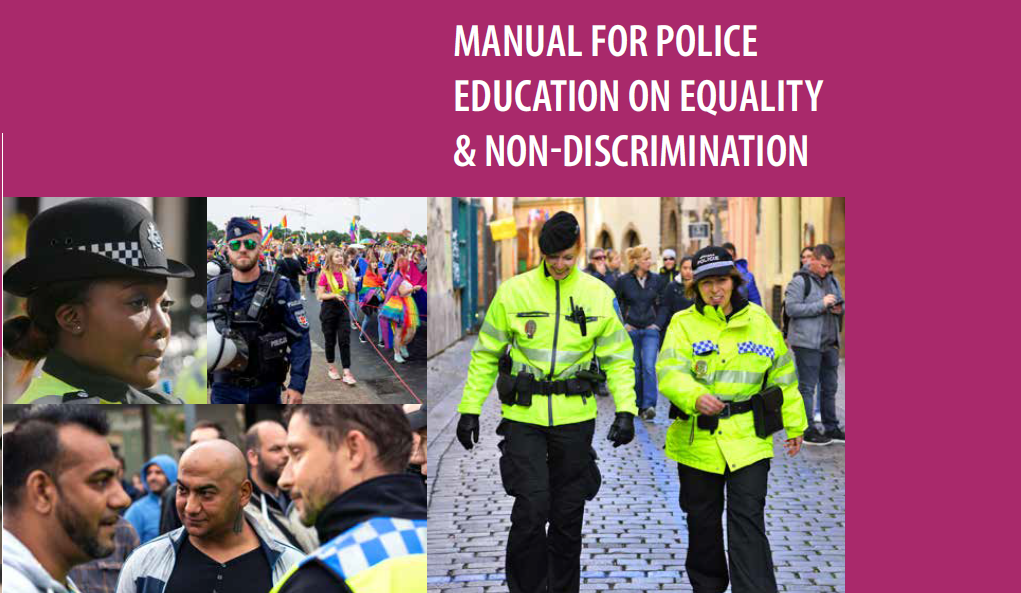
Manual for Police Education on Equality and Non-discrimination
This Manual for police education on equality & non-discrimination aims to give trainers the tools to support participants gaining relevant and essential knowledge about key concepts, to give them the opportunity to build their skills through application, and to reflect on their own experiences, attitudes and behaviour. The manual consists of six modules containing practical training activities, with detailed instructions and handouts.


